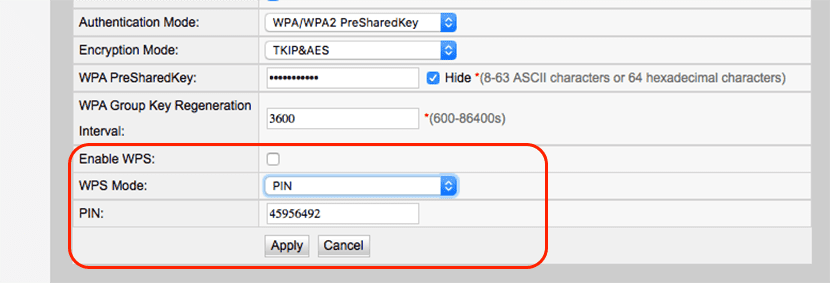
Last year a security flaw was discovered in the most widely used type of wireless connection in the world, WPA2, a connection that made vulnerable all computers that will use this type of connection, unless one of them was updated. As expected, most routers have not been updated, something that all operating systems have done, which has allowed us to keep our connections protected.
Most modern routers, they integrate a connection system called WPS, a system that is responsible for connecting devices compatible with this technology. To do this, you just have to press the button that bears that name on all of them. In this way, it is not necessary to enter the connection key or access the device to connect it to the corresponding wireless network.

Previous versions of Android allowed to connect to this type of device without having to enter the password using this connection method, but it will not allow it again, since the next version of Android P, has eliminated the support that it offered to this technology.
The main reason for eliminating this support is the lack of security that it offers in this type of connection, since if it is continuously activated, through brute force you can access the router, and therefore our wireless connection.
Given the lack of security offered by this type of connection, since the security flaw offered by WPA2 networks was announced, it is advisable to deactivate this option natively in our router, to avoid that any friend of others, can access our Wi-Fi network and thus be able to access all the data that we have shared in our network, be it documents, photographs, videos ...